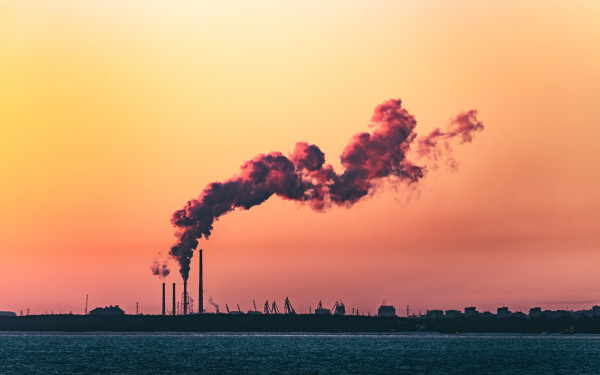

The notion that morality, finance, and social impact are not intertwined is a thinking of the past.
Nothing has brought this more urgently to light than Russia’s invasion of Ukraine.
This war is a human tragedy, with a devastating human cost that’s now displaced 3.5mn people and killed an estimated 2,200 innocent civilians, including children.
From surging oil and food prices to disrupted supply chains, we’re already seeing the economic fallout of this war worldwide. Worse, the outsized wealth held by Russia and its oligarchs is derived from the fossil fuels that are destroying this planet.
We now have an opportunity to do better.
Be proactive
Frankly, environmental, social and governance investors in the UK and worldwide should have seen this coming. We’ve been talking about divesting from fossil fuels and facilitating a transition to sustainable energy for a decade.
We’ve also seen how proactively investing in solutions that help people and the planet fuels prosperity and leads to durable profitability. This is what we call impact investing.
I’ve seen this first-hand across emerging markets.
As part of the founding team at Water Equity, I saw how helping women have access to affordable financial tools for safe water helped them create health, wealth, and transform communities across India, Indonesia, and Cambodia.
Acumen, a Lebec Consulting client, is supporting innovative enterprises that create affordable, renewable energy solutions in emerging markets. Women are central to these efforts.
As the tragedy in Ukraine unfolds in real time, ESG investors can learn from these examples.
Phasing out of fossil fuels is not enough. Good governance does not tolerate a world that lives beyond its environmental means, creates massive inequalities, and holds stakes in companies and countries that violate human rights.
Invest in women
So what should ESG investors do?
First, invest in women. No matter how you slice the data, women in the C-suite are associated with higher profitability, a strong appetite for impact investing, and greater employee and customer satisfaction.
By driving more engaged employees, women leaders save their organisations $1.4mn (£1.06mn) for every 1,000 employees, according to new data from the Potential Project. And as millions of Ukrainian women continue to be displaced, we will see a great need for investment in businesses run by them.
Second, ESG investors need to get serious about renewable energy.
Support the regulation of the fossil fuel industry. Find impact investing partners who are serious about building a pathway to a fossil-free future. I’m not saying we need to pull the plug in one day. I am saying get to work.
Now is the time to invest in renewable energy solutions reaching consumers in emerging markets where they live, in low-carbon, climate-resilient water infrastructure reaching everyone. In agricultural communities that sustain the world. And in higher quality health services to prevent the next pandemic. Annual investments of at least $100bn are needed and would pay immediate dividends.
International business and finance communities can look beyond traditional pathways to profit and take a different — and still profitable — investment approach.
Opportunities to create value for investors, people, and the planet — that can also help us avoid the next global shock — abound. It’s not enough to screen out negative investments and dump divestments into the hands of another buyer.
Let’s create net positive value, and agree to a uniform set of standards for ESG measurement and reporting — just as we have for financial performance — that is also applicable to emerging markets.
The war in Ukraine must be a wake-up call to investors to do better.
Alix Lebec is chief executive and founder of Lebec Consulting





